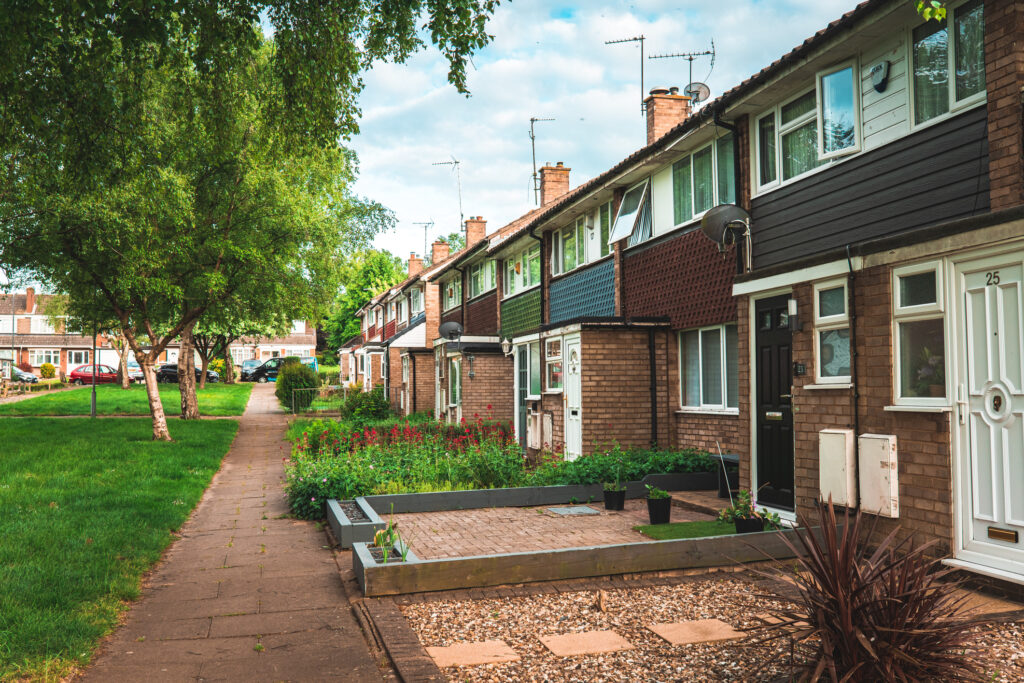The urgency for social housing reforms intensifies following Awaab Ishak’s tragic death due to mould exposure in 2020. Awaab’s Law, a pivotal component of the Social Housing Regulations Act 2023, marks the most significant government intervention in social housing in a decade. This legislation mandates landlords to swiftly address reported health hazards within specific timeframes, a critical step towards tenants’ safety.
What is Awaab’s Law?
Awaab’s Law is currently going to consultation emphasising the government’s commitment to incorporating diverse perspectives and establishing clear timeframes for landlords’ accountability. These proposed regulations once integrated into tenancy agreements empower tenants to legally enforce standards creating a powerful mechanism for holding landlords accountable.
We are currently working with a number of registered provider clients to review their tenancy agreements to consider whether the existing agreements require changes and if so what those changes look like, in line with the potential implications of the Social Housing (Regulation) Act 2023, including Awaab’s Law and Consumer Regulatory Standards.
We are also focusing on updating compliance with all statutory health and safety legislation and, in addition, advising how to identify early indicators of risks to tenant safety and how this can be mitigated.
Awaabs Law: in a social housing tenancy agreement, a term that requires landlords to comply with new requirements which are to be set out in regulations. This means all registered providers will have to meet these requirements, and if they do not, residents will be able to hold their landlords to account by taking legal action through the courts for breach of contract. If a case does not reach the court and the registered provider is found to be in breach, a court can order the landlord to do the repairs, pay compensation to the residents or pay some or all other residents’ legal costs. Alternatively, residents may wish to complain to their landlord, which could then be escalated to the Housing Ombudsman. Similar to the legal route, the Housing Ombudsman has the power to order landlords to undertake repairs and pay compensation to the resident.…..
Emergency work under the new regulations must be executed within 24 hours, setting a robust benchmark for prompt action. The proposed changes in Awaab’s Law outline stringent timeframes for social landlords, compelling them to investigate issues within two weeks and commence repairs within an additional seven days. Failure to meet these deadlines exposes landlords to legal consequences, allowing tenants to seek court intervention and claim compensation. The accountability shift is not merely rhetorical, landlords are mandated to maintain transparent records demonstrating their adherence to the stipulated timeframes. This is going to prove challenging, practically and financially for many landlords.
What do you need to do?
We recommend all providers undertake a review of their tenancy agreements to ensure that they capture and reflect the changes to the Social Housing (Regulation) Act 2023, including Awaab’s Law and, if necessary, talk to us to help ensure you are complying with the law.
We are committed to partnering with our clients and their customers to ensure a secure and comfortable environment, anchored in the standards set by the regulator.






